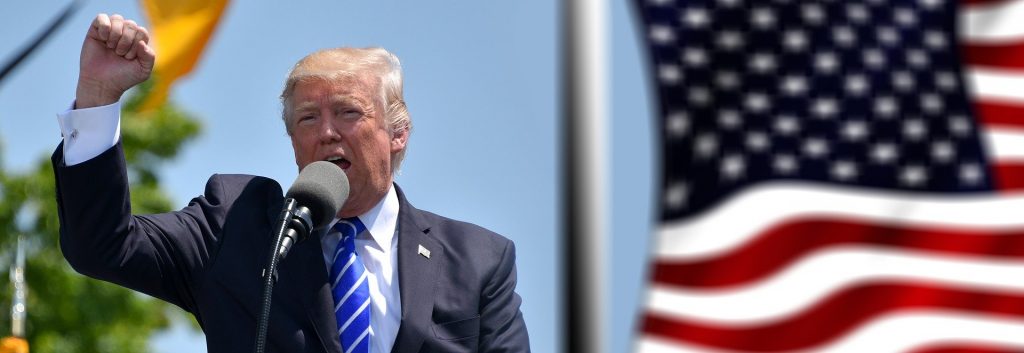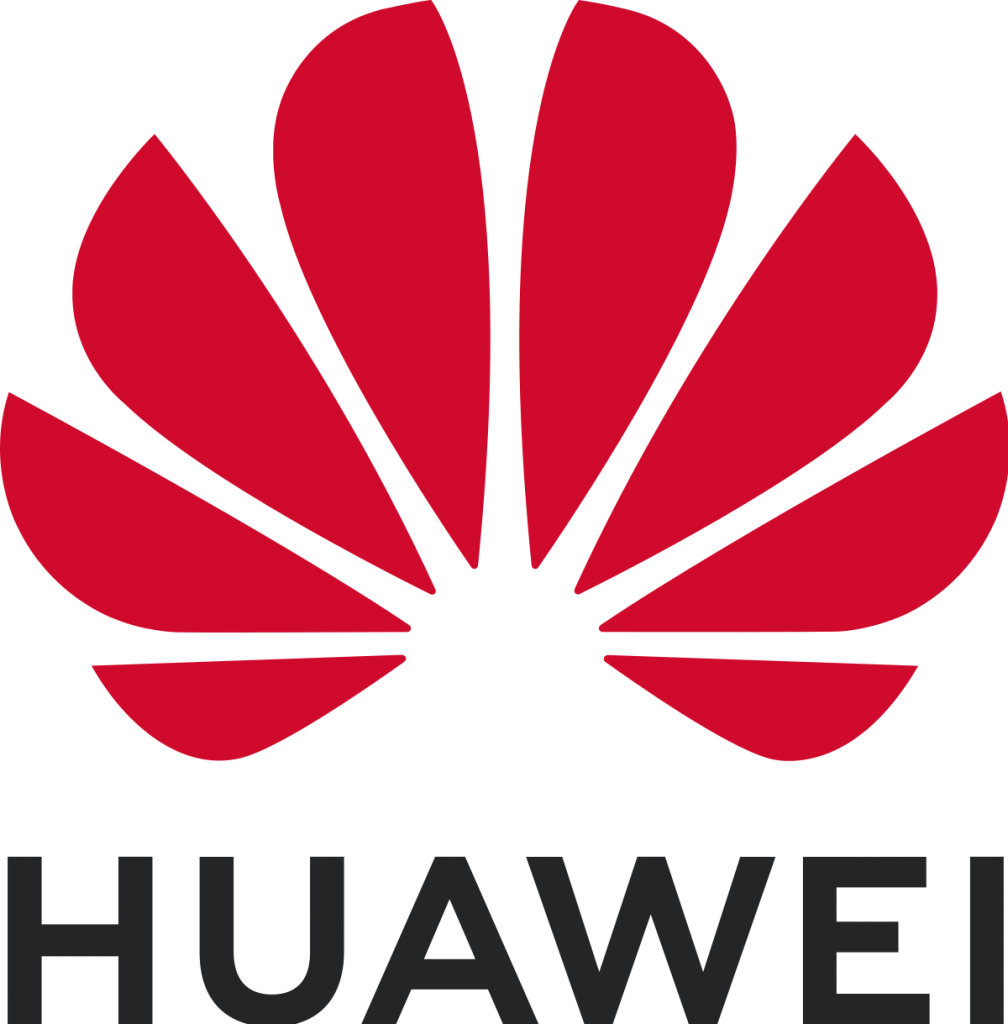The COVID-19 situation has become much more than a health pandemic, having had an impact on international relations as well. Ever since the crisis came to light, several countries have grown cold towards China, with the US topping that list. Over the past few months, President Donald Trump has been waging a trade war with China, causing problems for many Chinese firms. Recently, he has put in motion steps to stop TikTok from functioning in America as well. Additionally, the US Department of Commerce released statements today, placing further restrictions on Chinese smartphone manufacturer Huawei. Read on to find out more about the restrictions placed and the impact they will have on the smartphone market.

USDC Restrictions
As per new reports, the United States Department of Commerce issued updates to their list of rules this morning aiming to place further restrictions on Huawei. With these new laws in place, Huawei will find it difficult to source US-based technology. The new restrictions follow the same principle set by laws released in May. Since the starting of the ongoing health crisis, the US and China have been engaged in a cold-war sort of state, exchanging a few bitter words along the way. The American President has been trying vehemently to cut China’s access to the US market, and the technology it develops.
New Laws
The new rules come as an amendment to the statement of rules released in May. As per reports, the new laws will help block all the loopholes that the old ones had which Huawei was using to gain access to the American market. These additions will make the blocking of technology complete, going a long way in shutting off the Chinese manufacturer’s access to American by-products. The old rules allowed Huawei to engage in business relations with third-party chip manufacturers. However, the present set of amendments will make it even harder for the Chinese phone giant to use American technology-based chips. The Department is also not trying to hide their intentions of shutting Huawei’s access to semiconductors, and are being quite evident and open about the whole arrangement.
Political Statements
Wilbur Ross, who serves as the Commerce Secretary, stated that Huawei and other foreign companies are making use of advanced semiconductor technology developed in the US to help the Chinese Communist Party. In a statement in which he held nothing back, Ross made it clear that they will continue to restrict the access of Chinese firms as a means to protect national security and safeguard foreign policy objectives. Furthermore, Mike Pompeo, who serves as the American Secretary of State, also did not mince words. In his statement, he called Huawei, ‘an arm of the CCP surveillance state’. He also stated that the company continually evaded American rules, leading to the implementation of such regulations.
Pompeo continued that the US will no longer tolerate Chinese efforts to undermine the personal privacy of its citizens. Furthermore, he said the government is backing up all statements through heavy-handed actions, such as the Department of Justice indicting Huawei for fraud, conspiracy, and theft. Furthermore, the charges made by the Department of Justice also hold the Chinese manufacturer responsible for helping Iran evade their sanctions.
On the Backfoot
Huawei has not released statements of their own as of now. However, they have continued to deny all the charges placed against them. The company also stated that it had no ties to the Chinese government. These new rules are an addition to the ever-growing Entity List, which also includes 38 affiliates of the smartphone maker from 21 different countries. Earlier reports had stated that the US Government believes Huawei was evading earlier rules to continue with engagement with American firms. However, the new rule makes it explicitly clear that Huawei cannot use any American software or equipment without a prior license.
Since the company was added to the Entity List in May of last year, the US had kept adding companies and affiliates, bringing the list to a total of 152 firms. With the Department also refusing to extend the license of Huawei devices, it isn’t likely anyone within the market will purchase these devices again.
These US Commerce department’s restrictions led to Huawei cutting production on its flagship Kirin chipset, as per a report that came out on August 8. Since Huawei’s HiSilicon division relies heavily on American software, the ban will most likely have a tremendous impact on the smartphone manufacturer. All of these actions make it abundantly clear that US-China relations are at a tipping point. The association between these two superpowers have never been this bad in decades, with Washington continuing to push Chinese players out of American markets. Though Huawei denies that it spies for the Chinese government, it is clear that the company will have to do more to regain the trust of the foreign market.

Being a cinephile with a love for all things outdoorsy, Athulya never misses a chance to chase inspiring stories or poke fun at things, even when the subject is herself. Currently pursuing a degree in mechanical engineering, she is someone innately interested in technical and scientific research. Music reviews and op-eds define her as they allow her to explore different perspectives. Though sometimes she thinks she makes more sense playing the guitar than she does while writing.
